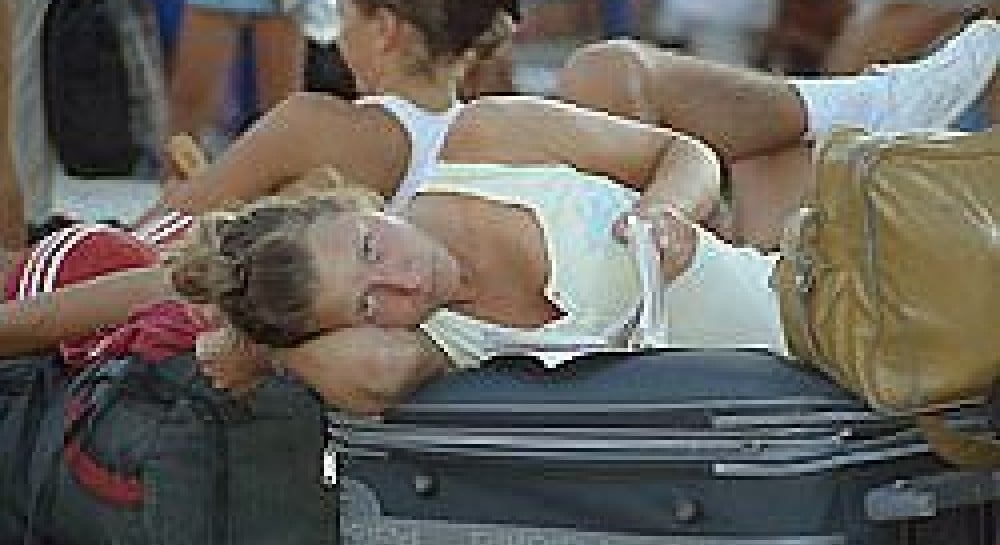
East European immigrants fuel return of servant class
Migration from eastern Europe, Africa and Asia is creating a ready supply of willing downstairs staff, with more and more being employed to watch the kids and clean the bathroom in a kind of international class system...
There was a time when the flustered British housewife of a certain rank would look disdainfully at the dirty marks on her cutlery and despairingly exclaim: "You just can`t get the staff."
The good news for the overworked middle classes who are looking for help with the chores is that now they can.
Migration from eastern Europe, Africa and Asia is creating a ready supply of willing downstairs staff, with more and more being employed to watch the kids and clean the bathroom in a kind of international class system, according to a new report.
Just this week, the socialite Tara Palmer-Tomkinson revealed that she had a "massive staff", mainly from Ukraine. "As I don`t have a husband, I rather look forward to having people around me. I have half the Ukraine here every day. It`s like the Russian army coming in to clean. I want to come back at night and feel like I`m in a five-star hotel," she said.
The bad news for the migrants, however, is that high-powered executives and business people are increasingly picky about who they employ, with white women being the preferred home help, the study, by Bridget Anderson of Oxford University, says.
Men are considered too much of a risk to be looking after young children, especially girls, and black people are unpopular as au pairs.
While race was described by one agency as "the unmentionable", there are also more complex reasons for the choosiness. The British middle classes are looking for domestic help who can`t easily pack up and leave, which means employing people from war-torn countries or from non-EU countries whose presence in Britain is dependent on their employment.
The top five sources for maids and butlers are the Philippines, Ukraine, Latvia, Malaysia and Zimbabwe.
"It is legal for a private householder to refuse to employ someone on the grounds of their colour, their nationality or their religion, and from our interviews with employers, it is clear that they do," say the researchers, whose work is to be published in the European Journal of Women`s Studies.
"Employers are not only looking for generic `foreignness`, however, but typically also seek particular nationalities or ethnicities of worker, which can raise difficulties for agencies who are not allowed to discriminate on the basis of `race`."
Half of British households employ some form of domestic staff in an industry now thought to be worth around £20bn a year. On average, each household spends around £1,924 on chauffeurs, dog walkers, babysitters, nannies and cooks.
Relations with domestic staff do not always run smoothly, however. Sting`s wife, Trudie Styler, was sued by her cook, Jane Martin, earlier this year.
Ms Martin claimed sexual discrimination after being forced to work 14-hour days while pregnant. The tribunal heard how Ms Styler, 52, abused her domestic staff to make her "feel royal".
Where do they get their staff?
PHILIPPINES
Main provider of cleaning staff in domestic households. Described by President Gloria Arroyo as a nation that provides "supermaids".
UKRAINE
Female domestic workers from the Ukraine are very popular with UK working mothers looking for au pairs.
ZIMBABWE
Zimbabweans mainly work as cleaners in schools and hospitals.
LATVIA
Many Latvians work as butlers due to the comparatively good salaries compared with other domestic work.
MALAYSIA
Malaysians gravitate towards domestic work - many work as household maids in the UK.
This news was monitored by the Action Ukraine Monitoring Service for the Action Ukraine Report (AUR), Morgan Williams, SigmaBleyzer, Editor.
By Roger Dobson, Independent, London, UK

